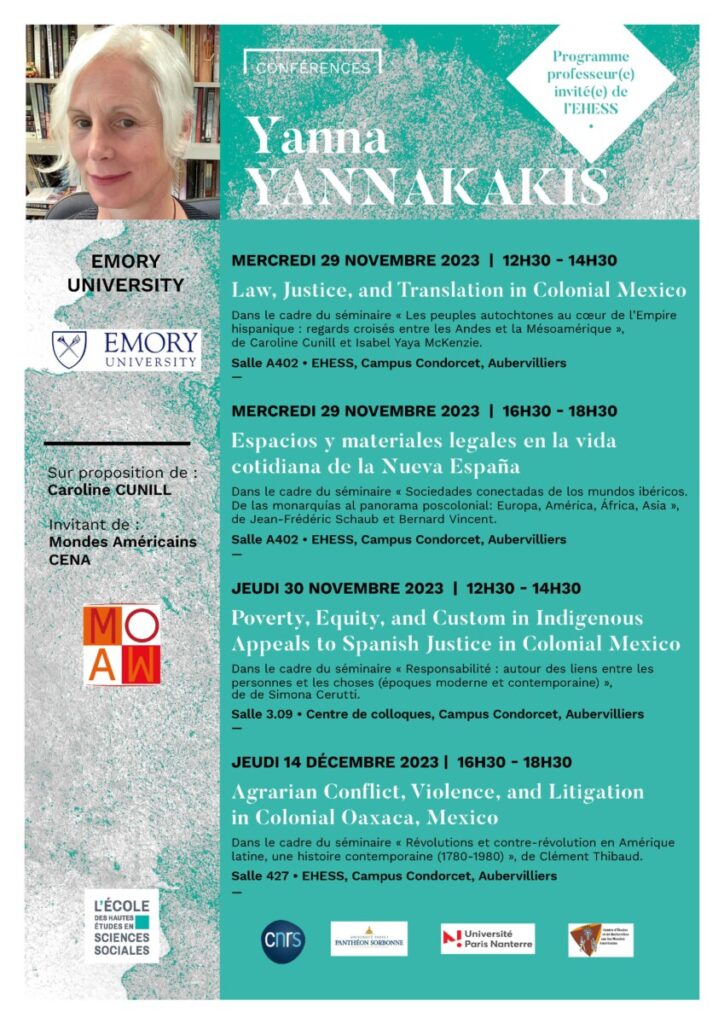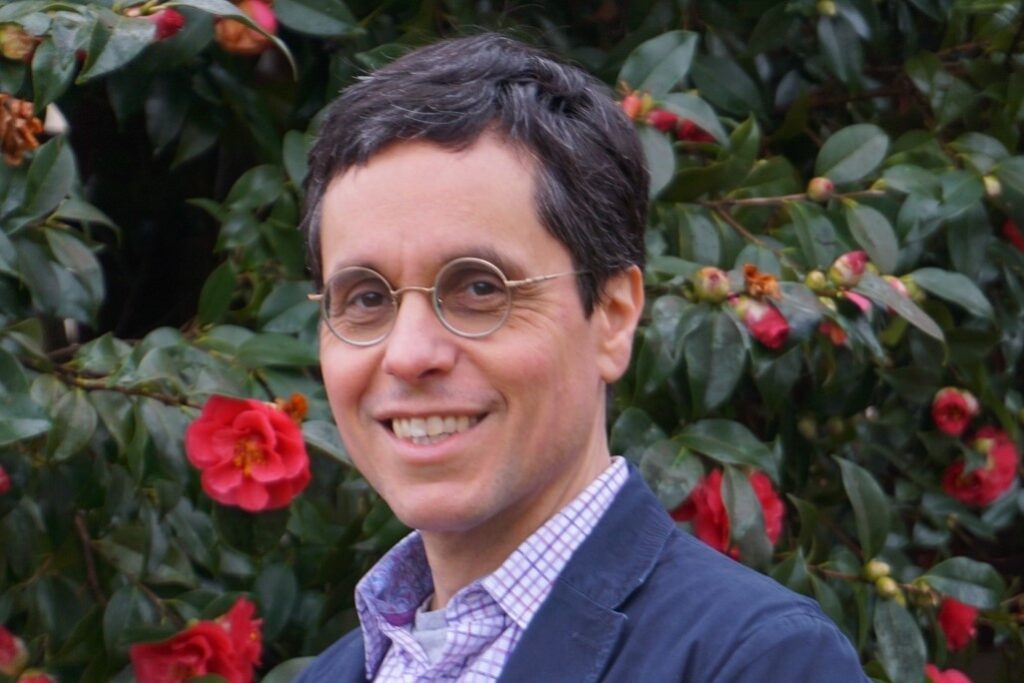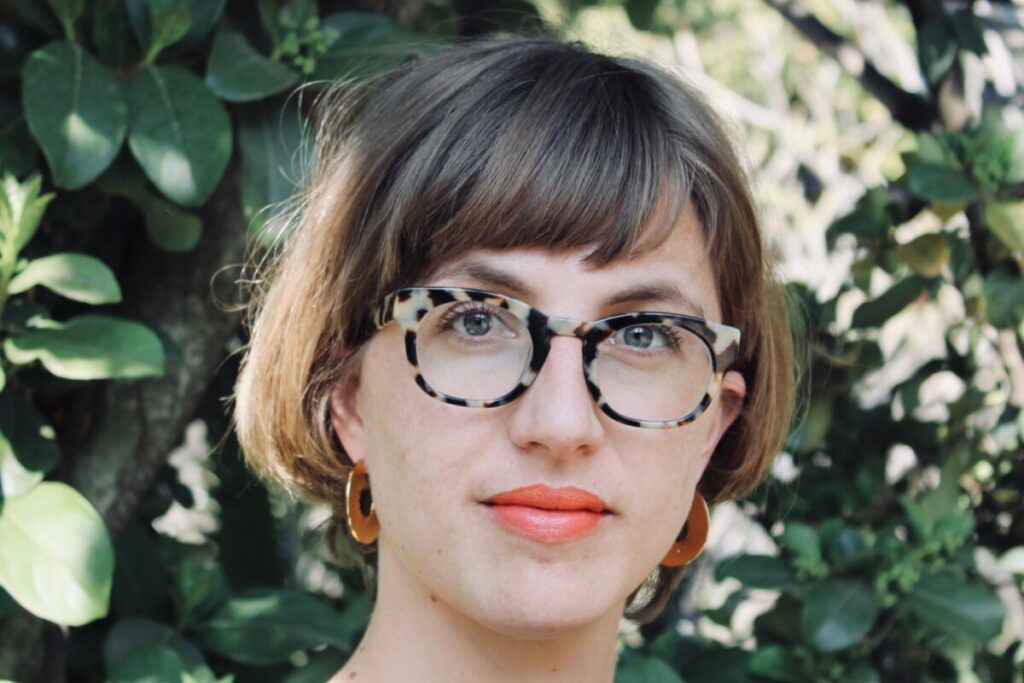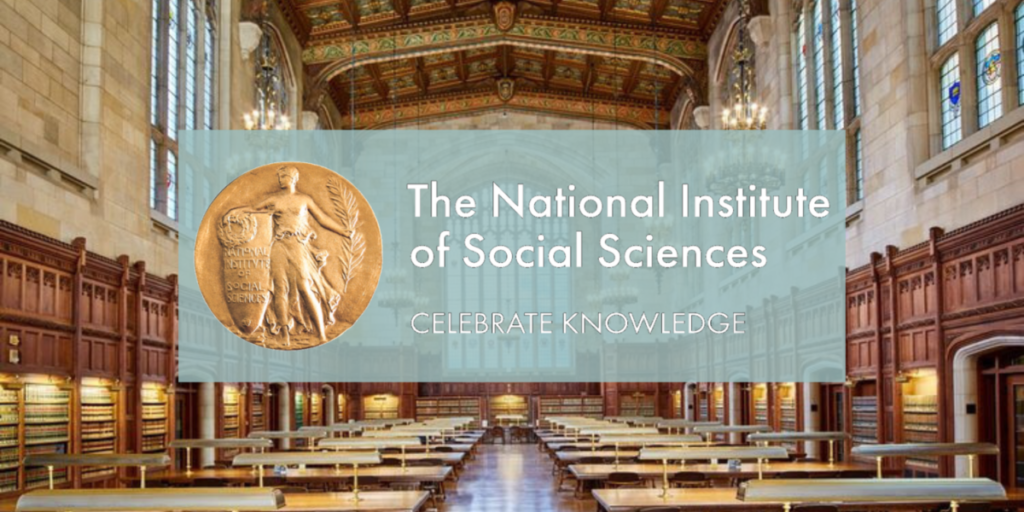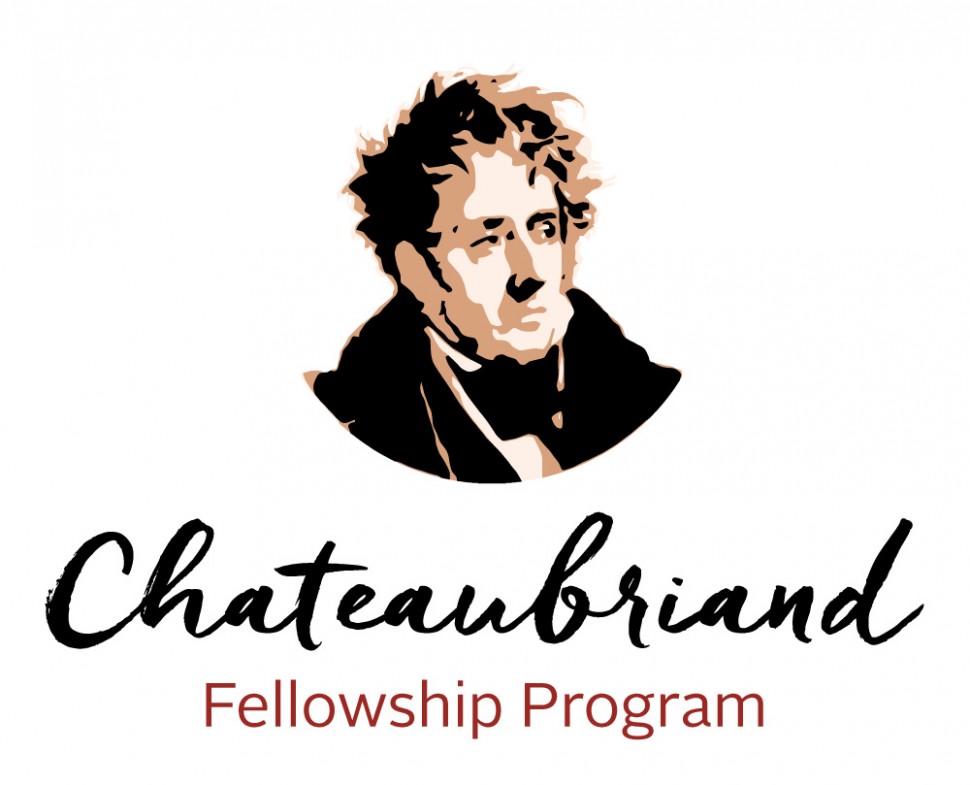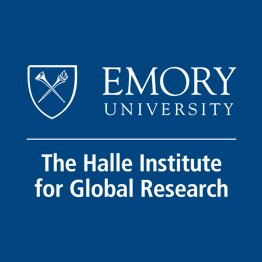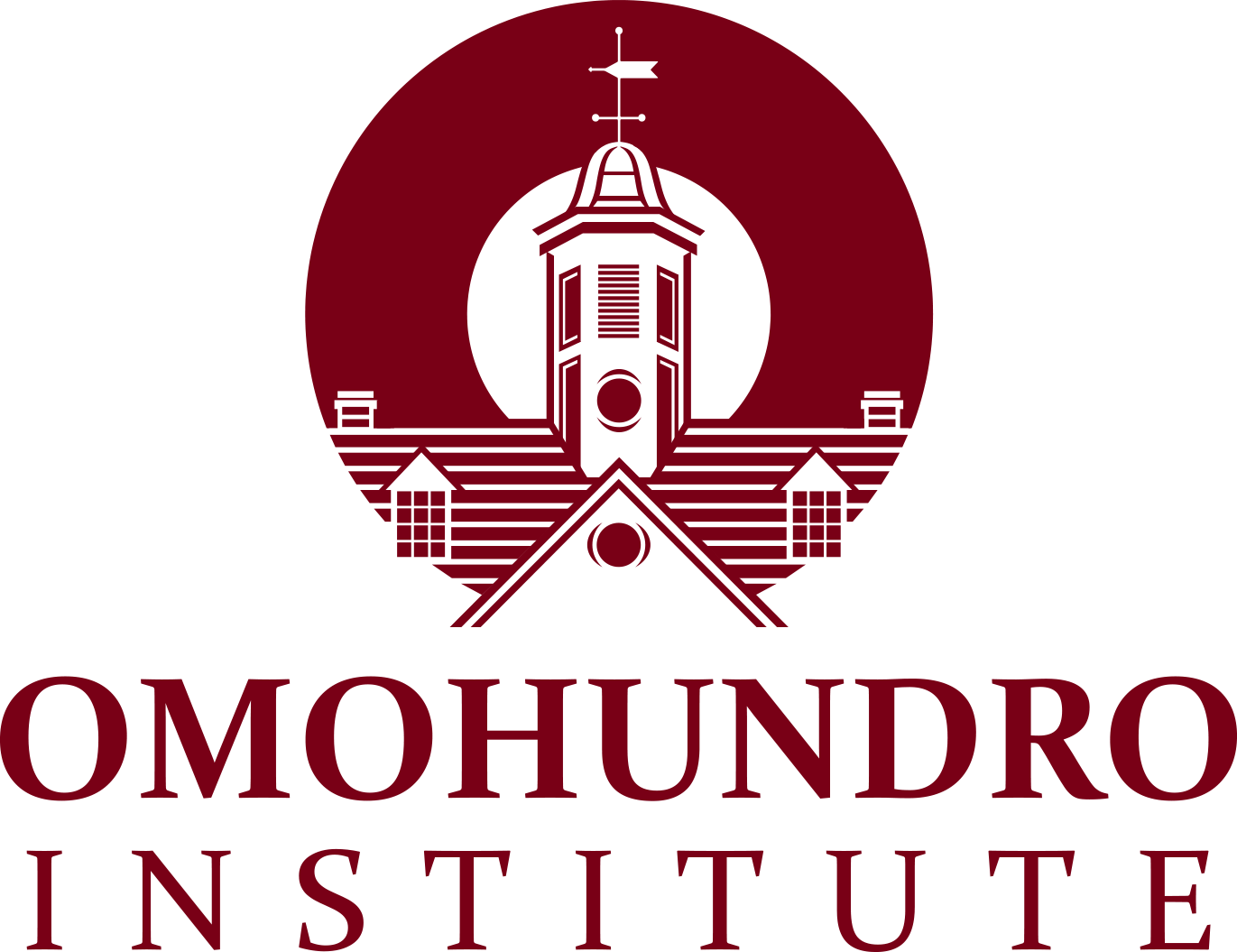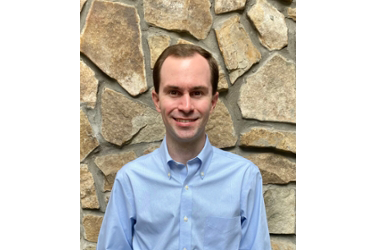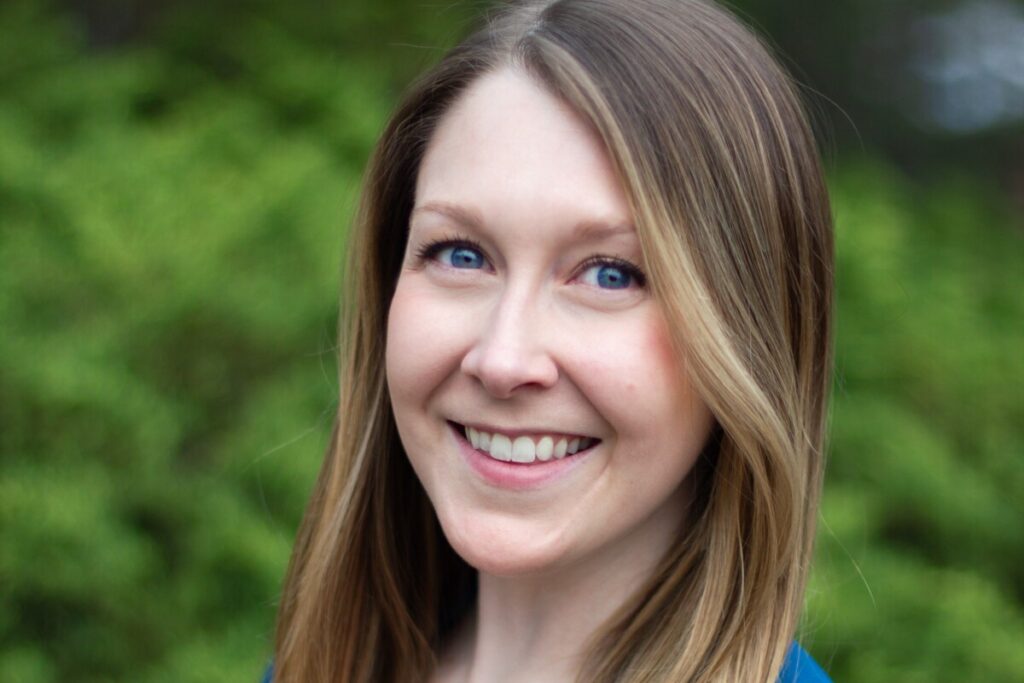
The Emory University History Department is proud to celebrate Dr. Marissa L. Nichols, a 2023 alum, on being awarded a 2024 ACLS Fellowship from the American Council of Learned Societies (ACLS). The ACLS Fellowship Program supports scholars who are poised to make original and significant contributions to knowledge in any field of the humanities or interpretive social sciences.
Nichols has been recognized as one of 60 exceptional early-career scholars selected through a multi-stage peer review from a pool of 1,100 applicants. ACLS Fellowships provide up to $60,000 to support scholars during six to 12 months of sustained research and writing. Awardees who do not hold tenure-track faculty appointments receive a supplement of $7,500 for research or other personal costs incurred during their award term.
Nichols currently holds a postdoctoral fellowship at the Center for Healthcare History and Policy in Emory’s Nell Hodgson Woodruff School of Nursing. The ACLS fellowship will support the writing of her book project, “The Backbone of Rural Health: Nursing and Indigenous Healing in Oaxaca.” Based on her dissertation, which was advised by Dr. Yanna Yannakakis, the manuscript traces how rural nurses and Indigenous communities shaped the expansion of rural healthcare in mid-twentieth-century Oaxaca, Mexico. It relies on research from archives and libraries in Mexico as well as oral histories conducted primarily as part of her dissertation research.
“The applications we received this year were nothing short of inspiring – a powerful reminder of the capacity of humanistic research to illuminate and deepen understanding of the workings of our world” said John Paul Christy, Senior Director of US Programs at ACLS. “As scholars face increasing challenges to pursuing and disseminating their research, we remain committed to advancing their vital work.”


